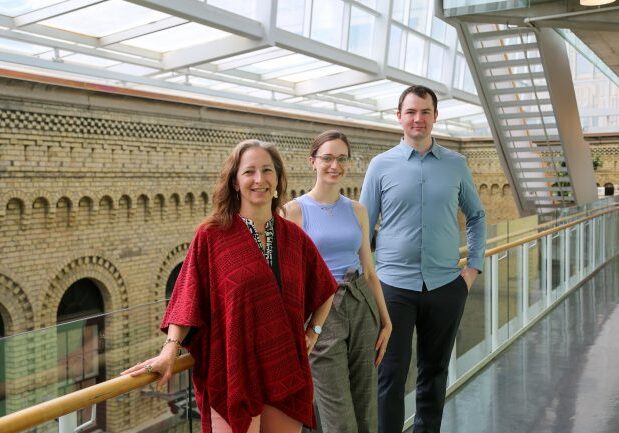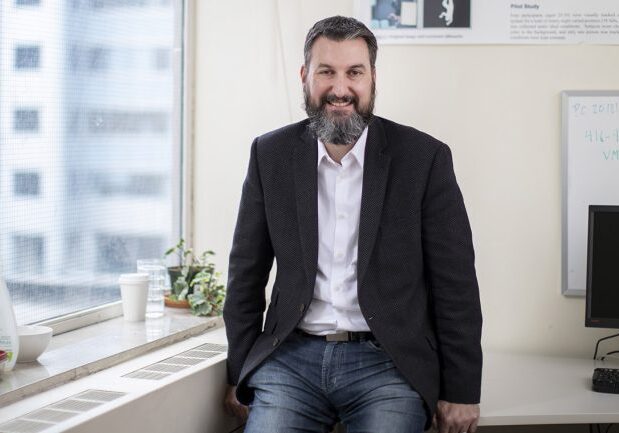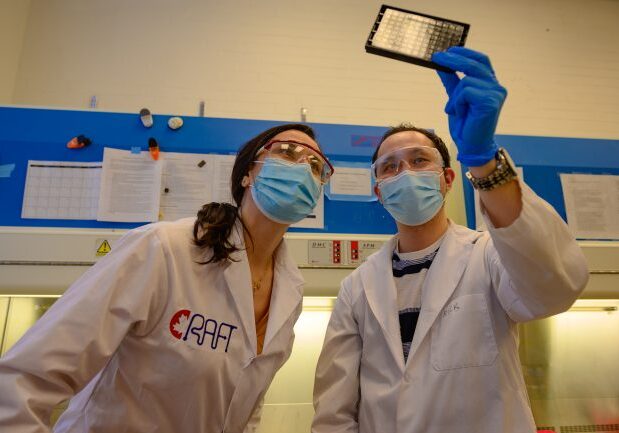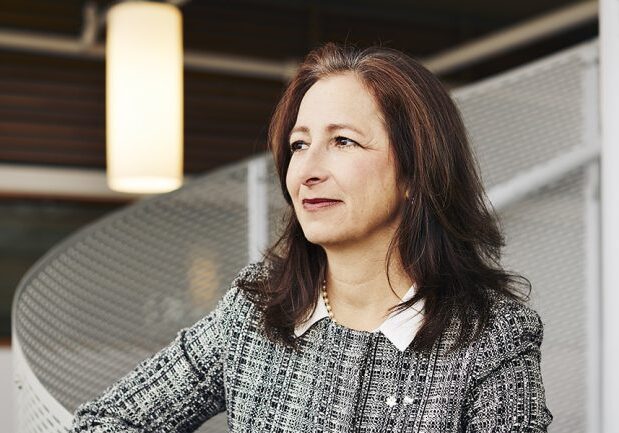
U of T Engineering team designs new hydrogel that opens pathways to more targeted cancer treatments
The bio-inspired material enables lab-grown cells to emulate the complex processes found in the human body

New academic-industry partnership aims to lower the cost of cultivated meat
Professor Michael Garton (BME) partners with Myo Palate on project focused on efficiently growing animal muscle cells outside the body

Mosquito-repellent paint among five projects funded by CGEN seed grant program
Global Engineering Seed (GESeed) supports engineering projects that address major challenges to Indigenous populations and marginalized communities in the Global South

U of T Engineering professors and alumni elected to the Canadian Academy of Engineering
The eight members of the U of T Engineering community are among 47 new Canadian Academy of Engineering fellows

U of T Engineering researcher Paul Chen earns Schmidt Science Fellowship
One of only 29 Fellows from around the world this year, Chen will receive US $100,000 per year to pursue interdisciplinary postdoctoral studies at an institution of his choice.

National platform to prepare researchers to lead digital health solutions for older adults
Professor Alex Mihailidis (BME, Medicine) was the principal applicant for the federally funded training platform to get health solutions more quickly for older Canadians and their caregivers

Organ-on-a-chip research identifies new strategy for treating health complications associated with COVID-19
U of T Engineering researchers used lab-grown models of human vasculature to screen potential drug candidate molecules for effectiveness against SARS-CoV-2 vascular dysfunction and cytokine storm



